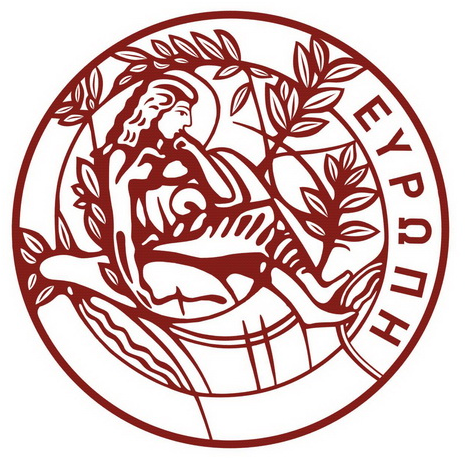PhD Candidate
LEILA ZOURIDI
l.zouridi@materials.uoc.gr
Phone
Office
Personal web page
Title
Study of colloidal metal oxide suspensions and development of printable thin film devices for energy applications
Supervisor
STOUMPOS KONSTANTINOS, Associate Professor, Materials Science & Technology Dept. - UOC
Committee Members
REMEDIAKIS IOANNIS, Associate Professor, Materials Science & Technology Dept. - UOC
MARNELLOS GEORGIOS, Professor, Materials Science & Technology Dept. - UOC
Abstract
For the past decades, scientific research in the energy sector has focused on utilizing sustainable energy sources, while developing new and more efficient energy production systems. Moreover, the use of efficient energy-saving systems for the exploitation of produced and available energy is crucial for the creation of autonomous systems in the emerging ‘smart systems’ of urban areas. Such fields of applied research includes the production of energy from bio-fuels or solar energy, and the autonomy of energetically ‘smart’ homes. Scientific challenges regarding materials and device manufacturing of such pioneering technologies designed to meet human energy needs (like fuel cell devices, photovoltaic devices and ‘smart’ windows) can be met by the use of transition metal oxides and by deploying in-line printing techniques for fabrication purposes. On one hand, transition metal oxides, from the most studied to the newer upcoming materials, are characterized by their stability, and often exhibit catalytic activity and semiconductor properties, with application in a variety of energy and environmental applications. On the other hand, printing techniques are the future of device fabrication, due to their advantages in ease of production scaling, cost and waste reduction, automation of the production process, and the possibility of producing complex structures in reduced time. In this thesis, materials suitable for production of electrodes for energy conversion and regulation will be studied, and printable devices will be fabricated using different printing techniques (inkjet, aerosol jet). Finally, the printed devices will be examined for their efficiency and applicability.


